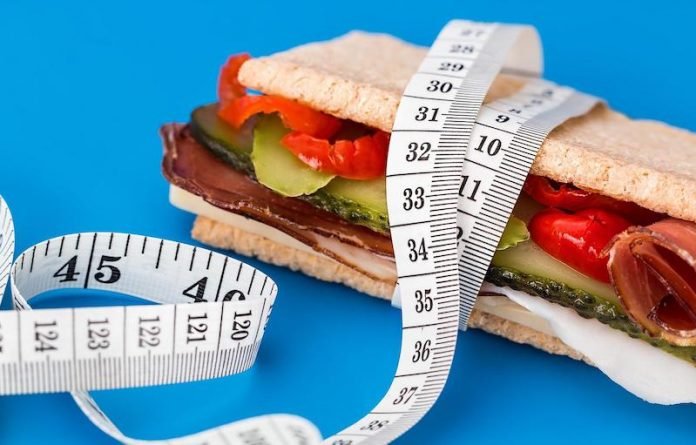
For decades, there’s been a persistent one-size-fits-all approach to treating obesity: Embrace a diet that’s low in calories.
In a study from the University of Ottawa, scientists found that this diet-focused approach simply doesn’t work for a subset of adults with obesity who are adherent to a clinical weight management program.
The finding challenges the deeply ingrained idea that diet alone should be adequate for everyone seeking to shed pounds.
Understanding distinct obesity phenotypes are the key to teasing out insights into individual variations in weight loss.
And for “diet-resistant” obesity— patients in the bottom 20% for the rate of weight loss following a low-calorie diet—exercise training should be prioritized, as it decreases fat mass and boosts skeletal muscle metabolism.
In the study, the research team mined clinical data from over 5,000 records.
Ultimately, 228 files were reviewed and a subset of 20 women with obesity was identified to undergo a closely supervised exercise program made up of 18 progressive sessions using treadmills and weights done three times per week for six weeks.
The team found that exercise improves skeletal muscle metabolism and enhances weight loss capacity for people with obesity who are deemed diet resistant.
These are the type of patients with difficult-to-treat obesity who have often been accused of non-adherence when they have not lost weight with diet restriction.
The team says for those individuals who have obesity and who’ve had enormous difficulty losing weight, the message for them is:
You are in a group of individuals for whom exercise is particularly important. And that’s really going to help you lose weight.
The stakes are high: The number of people who are overweight or obese has grown to epidemic proportions globally and obesity is a risk factor in a slew of chronic diseases.
The study has the potential to help reshape the science of weight-loss programs so they can be customized for individual patients.
If you care about weight loss, please read studies about supplements that can help healthy obese people lose weight, and eating more protein after weight loss may reduce fatty liver disease.
For more information about weight loss, please see recent studies about the world-first weight loss device, and results showing avoid these 5 mistakes if you want to lose weight effectively.
The study was conducted by Dr. Mary-Ellen Harper et al and published in the journal eBioMedicine.
Copyright © 2022 Knowridge Science Report. All rights reserved.



